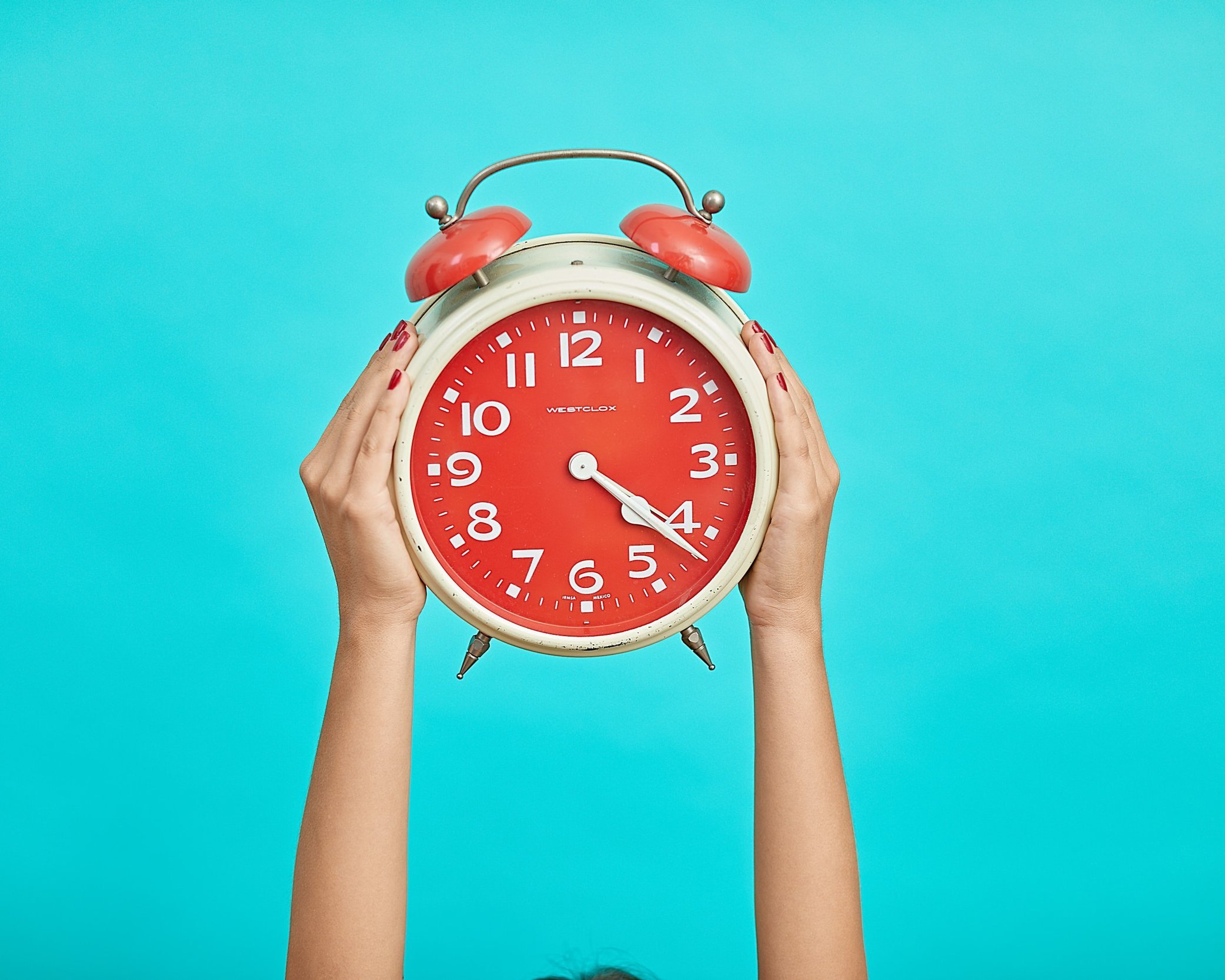What Is The Best Age To Freeze Your Eggs?
Many women think about having babies before they are ready to start trying.
Many women think about having babies before they are ready to start trying. A common question women ask me is “What is the best age to freeze my eggs?” Egg freezing is an area of medicine with obvious advantages and disadvantages.
Here are some key things to consider if you’re thinking about freezing your eggs. These might help you decide the best age to get treatment.
Freezing eggs under 25
Advantages:
Under 25, unless you have gynaecological or genetic health issues, your fertility is usually excellent, and your ovarian reserve is high. From a scientific baby making perspective, freezing eggs at this age can be the most cost-effective.
Eggs collected are of high quality, and a clinically relevant number of eggs can often be collected in a single round of egg freezing treatment. These eggs are metabolically robust and survive freezing and later warming better than eggs from older women.
Disadvantages:
Egg freezing can be expensive. Unless you have a sponsor, this is usually a stage of life where women have a less expendable income and more immediate plans to prioritize for their extra cash. Plus, the younger a woman is, the more likely she is to meet a partner and have babies the old fashioned way before age-related infertility becomes a problem.
Keeping young fertile eggs frozen for a long time may reduce the upfront cost of egg freezing, but it will increase storage fees which are charged annually.
Unsure about the perfect time to freeze your eggs? Contact us for free personalised advice.
Freezing eggs around 30
Advantages:
This is considered the “sweet spot” for egg freezing. Egg quality remains relatively high, and egg number achievable per cycle on average is generally still pretty decent. Most women who freeze eggs in this age bracket can expect to achieve 20-30 eggs frozen in 1-2 cycles.
Disadvantages:
Most women aged 30 have a better idea of the ballpark time they may want to start a family. Still, financial pressures may prove a factor in putting egg freezing off for later.
Freezing eggs at 35
Advantages:
Around 35, eggs have been hanging around for a long time, and they are starting to get tired. Women at this age need to freeze more eggs than younger women for the same chance of future pregnancy. This is because more eggs and embryos will predictably make developmental mistakes that mean they can’t make a baby. Freezing eggs at this age can provide a really useful resource for women who are much more likely to return to use them.
Disadvantages:
Egg freezing is clinically very relevant to women in this age bracket, but it is more expensive because often 2-3 treatments are needed to ensure enough eggs of quality are stored to give a good chance of having a baby.
By 35, the number of eggs a woman can achieve per cycle is lower, and the number of eggs that are vitrified and survive the warming process is less. While younger women lose approximately 10% of the eggs they freeze to the process, older women can expect to lose 20%. This is because eggs are less metabolically robust when frozen later in life. We make all our eggs as a fetus in utero and overtime they fatigue.
Freezing eggs over 38
Advantages and disadvantages:
Women over 38 who are not yet ready to conceive can benefit from egg freezing, but they need to freeze a lot of eggs to have the same chance as younger women. A lot. Like > 40 eggs. Often this kind of investment would require 4-5 treatment cycles or even more.
Egg freezing for women in this age bracket is by no means a guarantee of future pregnancy. It is so important to consider the question: could I have a baby now? While egg freezing has no support from Medicare, it may be paradoxically less expensive to help a woman to conceive using donor sperm.
Many women over 38 experience infertility – because they are aged over 38. Some would argue that many women at this age may be “freezing their infertility”.
If you are in a relationship, bringing forward your family planning may be a suitable option to consider. Freezing embryos may also be an option to consider for some couples.
If you can’t have a baby now, are over 38 and want to freeze your eggs, you should be supported. However, individualised counselling, smart planning, having realistic expectations of treatment and an open mind towards all available treatment options are vital components to ultimately achieving a successful outcome.
Learn how to take control of your fertility, visit our egg freezing page today.
Written by Dr Raelia Lew
RANZCOG Board Certified CREI Fertility specialist, Gynaecologist and the Director of Women’s Health Melbourne.
Co-host of the Knocked Up Podcast, Co-founder of Ellechemy intimate wellness solutions. Raelia has a PhD in Preconception Health Promotion and Genetic Screening. Raelia is a leading Australian expert in IVF and egg freezing, pioneering a bespoke model of care.


